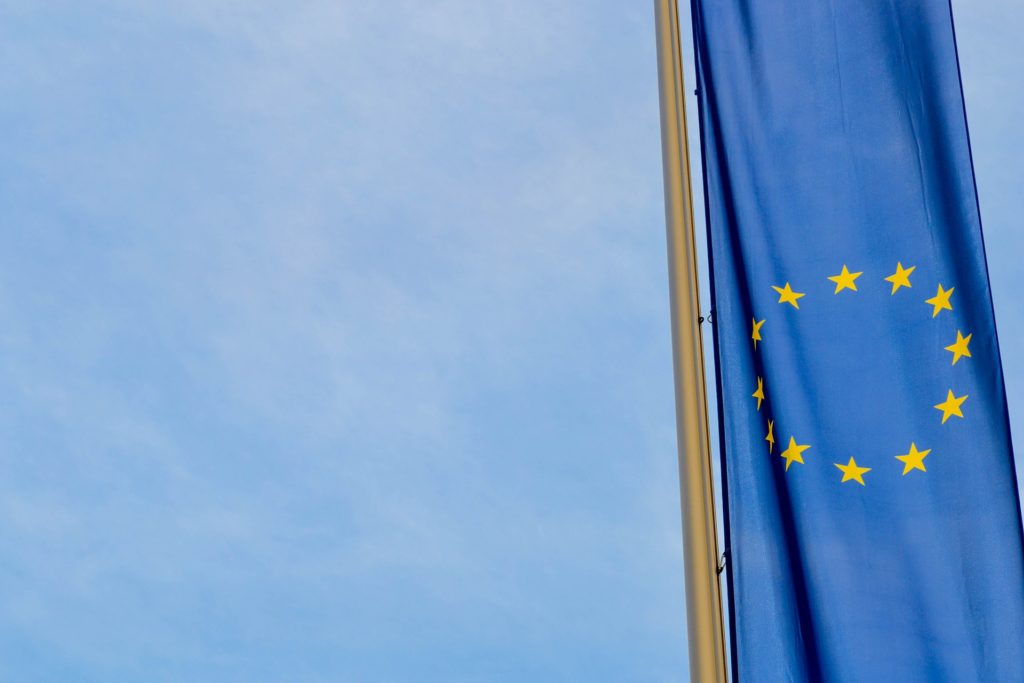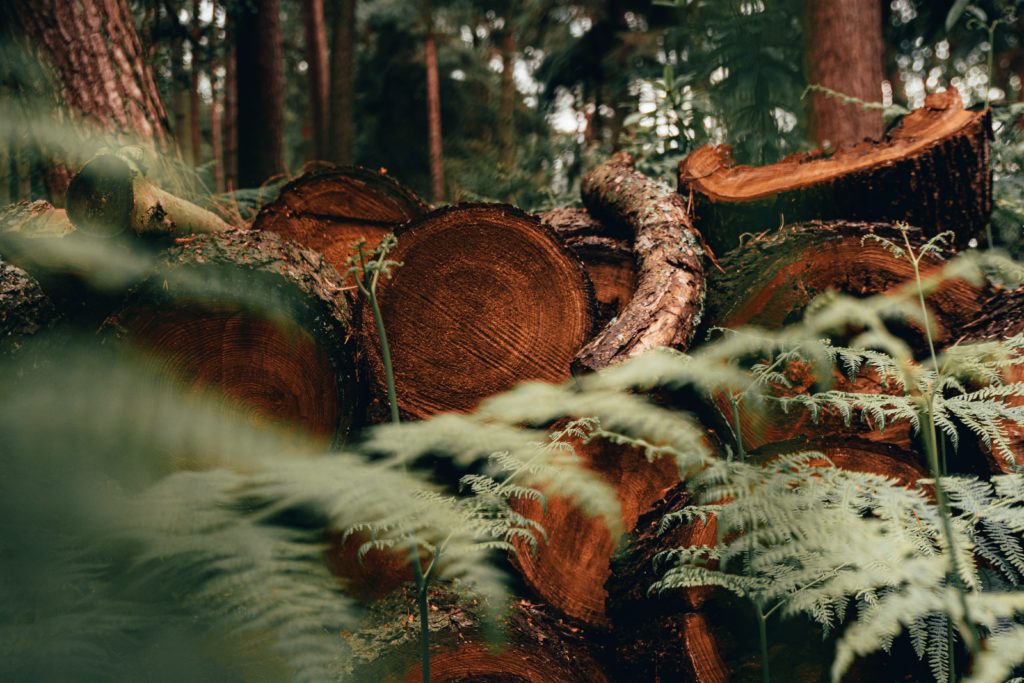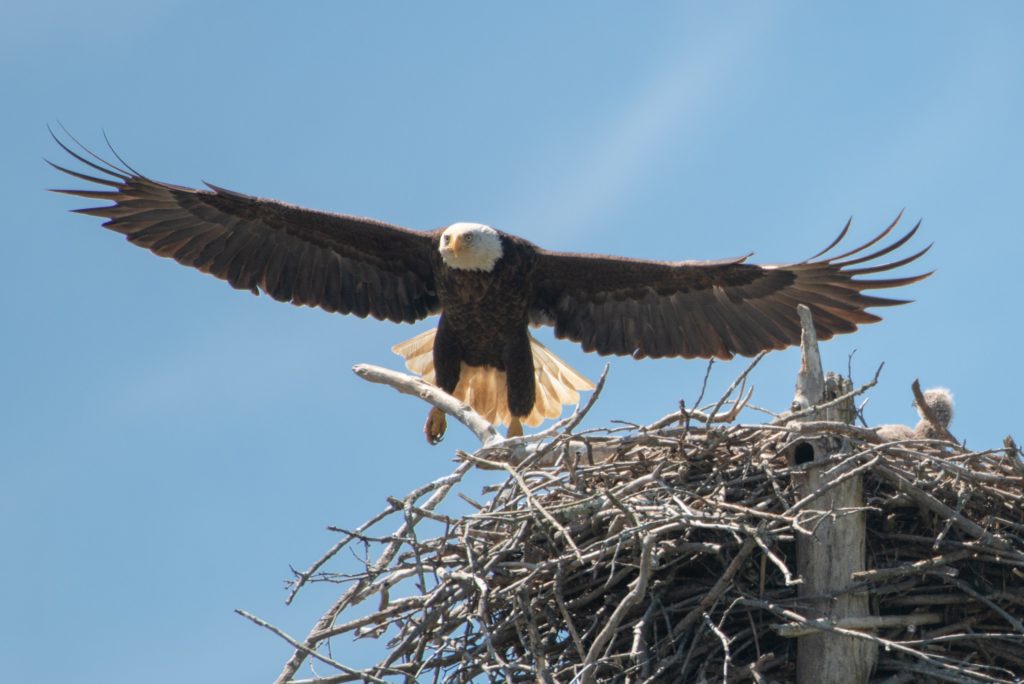Climate Action
This Week on Earth: Post-pandemic recovery, with green strings attached
May 29, 2020
Good morning, and welcome back to This Week on Earth. Each week, we highlight the latest environmental news and what it means for our planet.
States see spikes in litter and illegal campfires as crowds of Americans (many without facemasks) flock beaches, parks and piers for Memorial Day weekend. India struggles with several major threats in the aftermath of Super Cyclone Amphan — coronavirus, heat waves and now locusts. And governments from Europe and Japan gear up for a green recovery.
Check out our week in review.
Recovery plans, with green strings attached
The European Commission proposed the world’s biggest “green” stimulus in response to the coronavirus pandemic. The $825 billion package includes financing for renewable energy, clean hydrogen, electric vehicle charging and sustainable building renovations. Read the summary of the plan from the European Commission, and a brief rundown of what the plan means in Axios.

Don’t forget about world health
Europe’s green stimulus proposal comes a day after more than 200 organizations representing at least 40 million health workers signed an open letter to the G20 leaders, calling on world leaders to consider air pollution and climate breakdown in coronavirus recovery plans.
“A truly healthy recovery will not allow pollution to continue to cloud the air we breathe and the water we drink,” they write. “It will not permit unabated climate change and deforestation, potentially unleashing new health threats upon vulnerable populations.”
Read more in The Guardian.
Nearly two dozen states sue over controversial fuel standard
As Europe proposes ambitious green legislation, the United States heads in the opposite direction. In March, the country rolled back car standards, finalizing a rule that requires car manufacturers to make their new fleets 1.5% more fuel-efficient each year — much lower than the 5% each year established by the previous administration. This week, 23 states and several cities sued the government over the rule change.
“[The new rule] is a job-killer and public health hazard,” said California Attorney General Xavier Becerra, in a statement. “It will increase costs to consumers and allow the emission of dangerous pollutants that directly threaten the health of our families.”
Read more in The Verge.
To prevent pandemics, stop disrespecting nature
As long as we continue to destroy nature, we shouldn’t be surprised by the emergence of new diseases, argues Thomas Lovejoy, a leading conservationist and biodiversity scholar, in an op-ed for National Geographic.
“Nature sustains us. It’s where we originated,” writes Lovejoy, who is a member of Earth Day Network’s Global Advisory Committee. “The lesson for humanity from this pandemic is not to be afraid of nature, but rather to restore it, embrace it, and understand how to live with and benefit from it.”
With the International Day for Biological Diversity a week ago, we, too, wrote about our destructive relationship with nature and the toll it has on biodiversity. Now, according to research published this week in Nature, current human activity threatens more than 50 billion years of unique evolutionary history in species.

Birding while black
A viral video on Twitter captured a white woman calling the police on a black man, Christian Cooper, who was bird watching in New York City’s Central Park. The incident soon became a larger discussion on race and prejudice in America, as well as in the outdoor community.
“While the racist history around who has access to parks and wilderness has contributed to the current lack of diversity in green spaces and environmental organizations, so does the ongoing racism people of color — especially black people — experience when they try to enjoy the outdoors,” writes Yessenia Funes for Earther.
Read the National Audubon Society’s response to the incident.
Migratory birds struggle to adapt to climate change
Speaking of birding, migratory birds in the Eastern U.S. may be particularly vulnerable to climate change compared with birds that stay put during the winter, according to research published this week in Proceedings of the National Academy of Sciences.
“Spring is happening earlier and earlier, but there’s some concern that migratory birds can’t keep pace with that change,” coauthor of the study Clark Rushing tells Popular Science. “If they’re showing up at the same time they always have, they’re kind of getting the rug pulled out underneath them when they get to the breeding grounds.”
Stamp out voter suppression
2020 is the most important election year for the environment. But if the coronavirus rages into November, how citizens vote in the U.S. will be even more complicated than usual. Voting by mail, despite false claims of increased fraud, ensures all people can legally and safely vote.
“[V]oting by mail is the only way to enable every citizen to register and vote securely and remotely,” writes Devin Coldewey for TechCrunch. “Anything less can only be considered deliberate obstruction, or at best willful negligence, of the electoral process.”
We also wrote a piece last week that touches on the benefits — and challenges — of voting by mail. Learn more at our Vote Earth campaign.

Eagle numbers soar
Now for some good news: Massachusetts sees a dramatic uptick in bald eagles, a species once listed as endangered. The Massachusetts Division of Fisheries and Wildlife announced it has already documented over 70 active eagle nests throughout Massachusetts this spring. That also includes the first bald eagle’s nest with eggs in Cape Cod in 115 years.
Read more in Newsweek.
Chill out, and listen to a podcast
That was a lot, huh? Take a break from the news and listen to one of these nine podcasts that can soothe your coronavirus anxiety, as recommended by Vox.